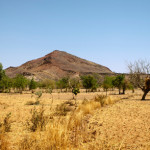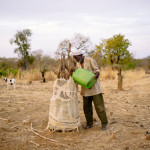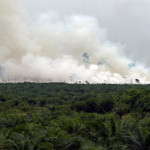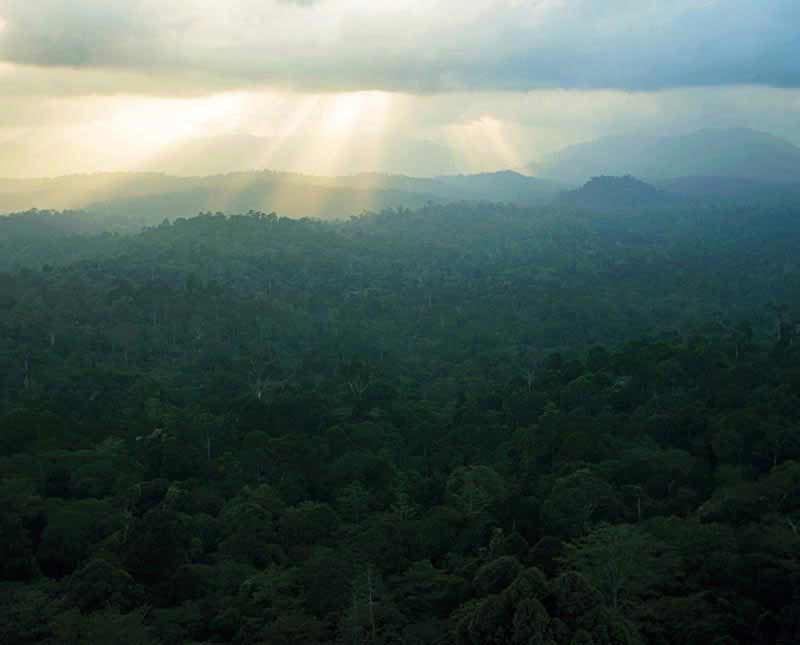
Global Issues
Forests & Climate Change

CIFOR’s global comparative study on the role of forests in climate change mitigation and adaptation moved into its second phase, to help pave the way for transformational change.
When REDD+ – Reducing Emissions from Deforestation and forest Degradation – emerged as a potential global mechanism for mitigating climate change through payments for keeping trees standing, CIFOR took up the challenge of learning what REDD+ needs to succeed.
The result was the Global Comparative Study on REDD+. In 2013, the first phase concluded, having built a strong knowledge base and community of expertise on REDD+.
With advances made during the international climate talks in Warsaw in 2013, the focus is moving to implementation. As CIFOR’s Global Comparative Study moves into its next phase (2013–2015), it will aim to provide more specific information at the country level, while deepening research kainto benefit sharing, multilevel governance, low-carbon development at the landscape level, and synergies between mitigation and adaptation.
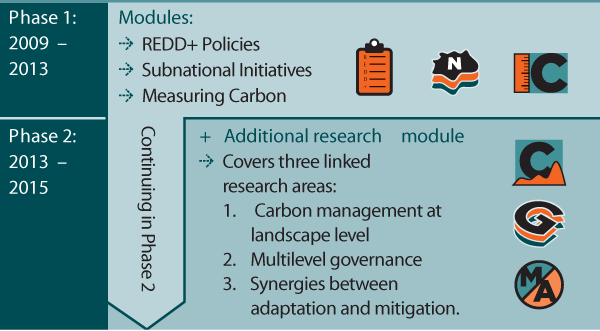
“To be honest, the only place I’ve gone to for publications on REDD has been CIFOR.”
Cesar Huisa, Director of Natural Resources,
Madre de Dios Regional Government, Peru
Global Comparative Study on REDD+ Phase 1
Duration
2009–2013
Funding partners
Norad, DFAT, UK Government, USAID, EU, Finland, USFS, Profor, CLUA, David and Lucile Packard Foundation
Objective
To provide REDD+ policymakers and practitioners with the information, analysis and tools they need to achieve effective and cost-efficient reductions of carbon emissions with equitable impacts and co-benefits.
Phase 1 achievements
Improving capacity across the world
The GCS trains partners in analyzing their national governance contexts for REDD+, then uses its global network to help them pass on their skills.
Becoming a recognized authority
The GCS became a recognized source of authoritative information on tenure regimes in REDD+ countries. Two of CIFOR’s most cited papers in 2013 are on tenure.
Producing new technical information
New knowledge on greenhouse gas emissions in peatlands and mangroves was integrated into supplementary IPCC guidelines issued in 2013.
Contributing to global policy
The GCS promoted a step-wise approach to setting reference emissions levels. It was adopted by the UNFCCC and extended to the entire measuring, reporting and verification system.
Addressing gender inequity
Research on REDD+ subnational initiatives found that women use forests as much as men — yet men tended to be better informed and engaged in more substantial early project activities.
